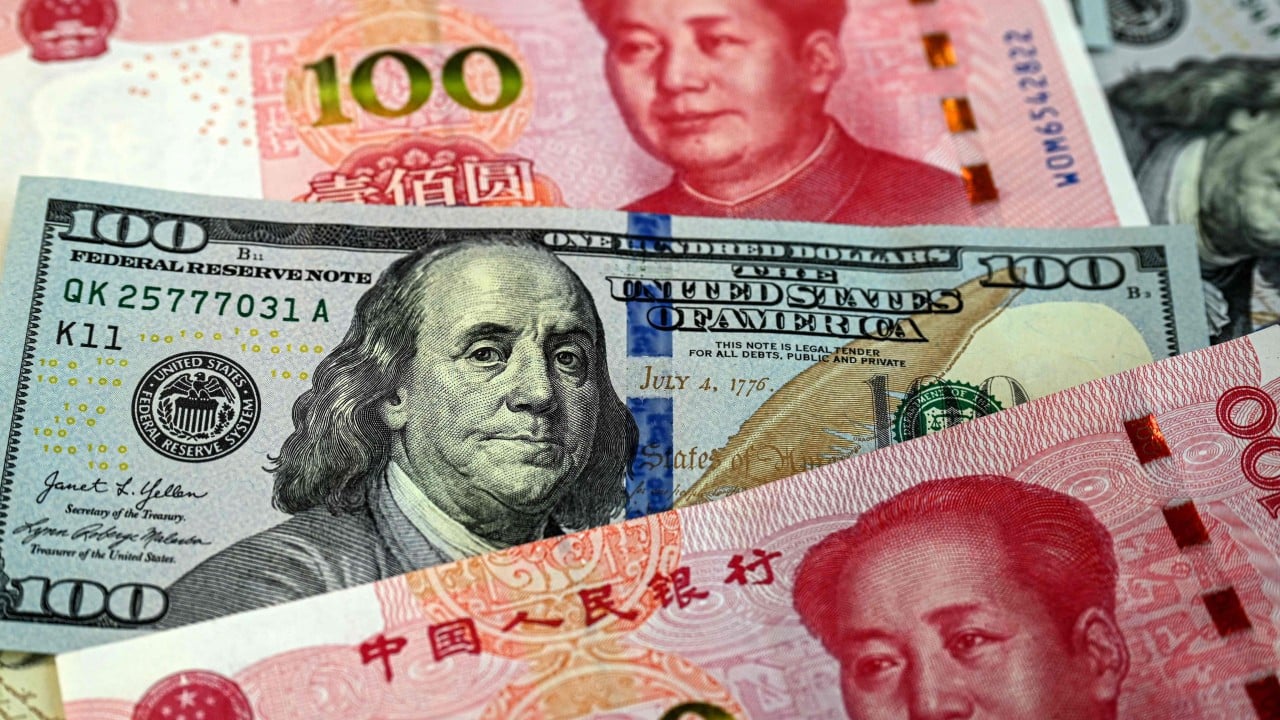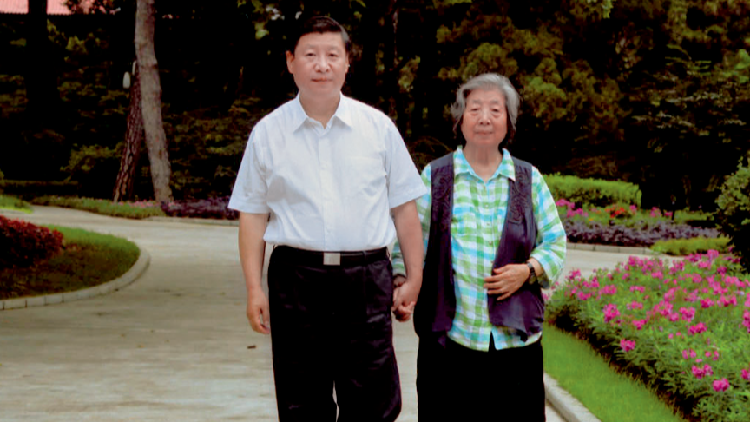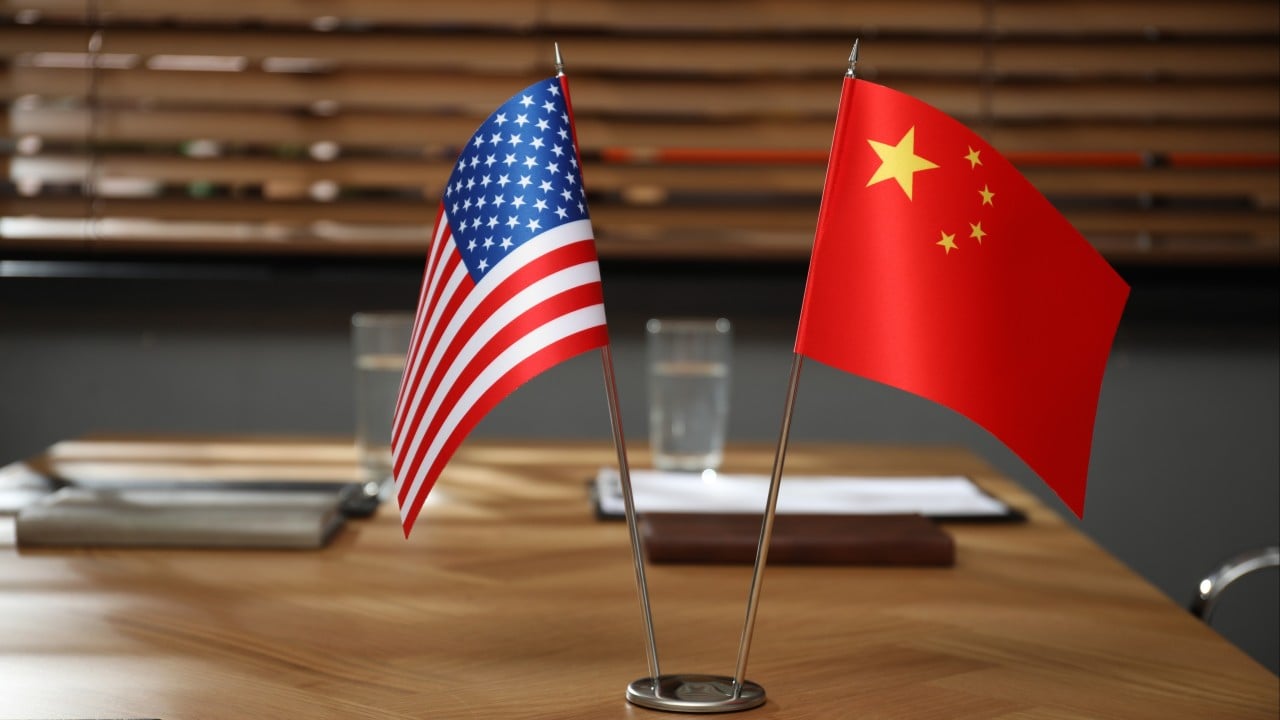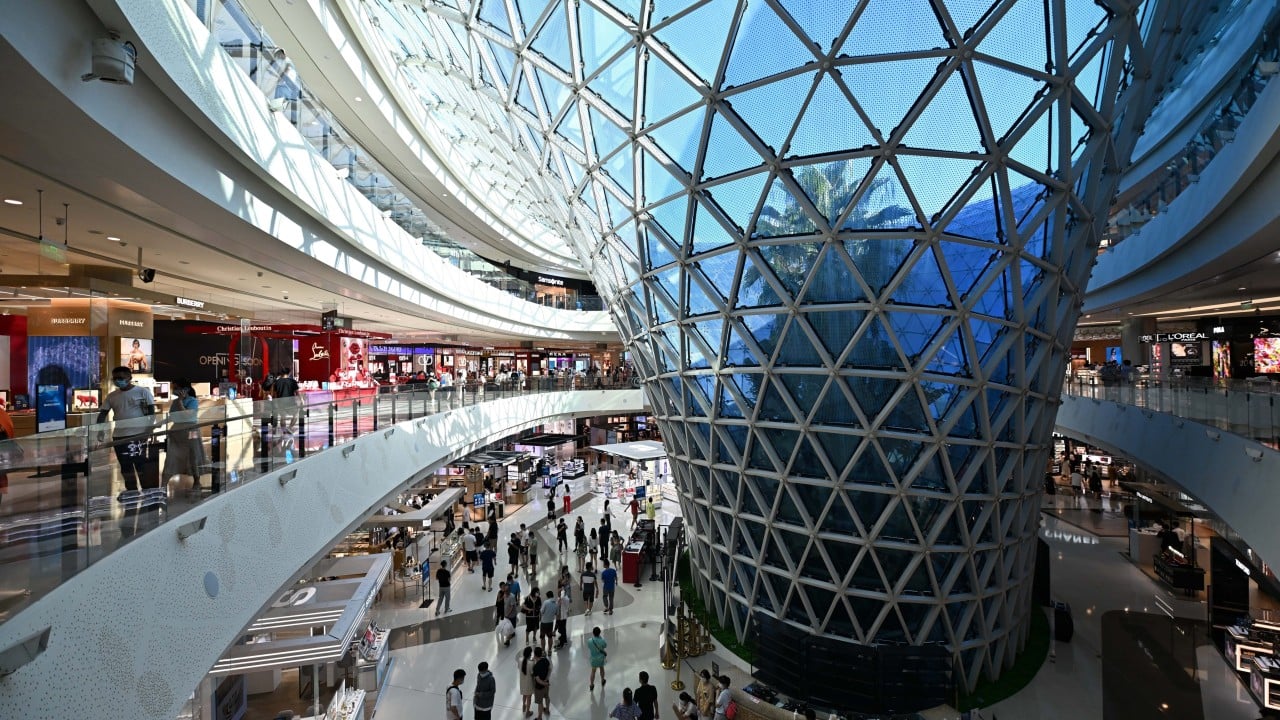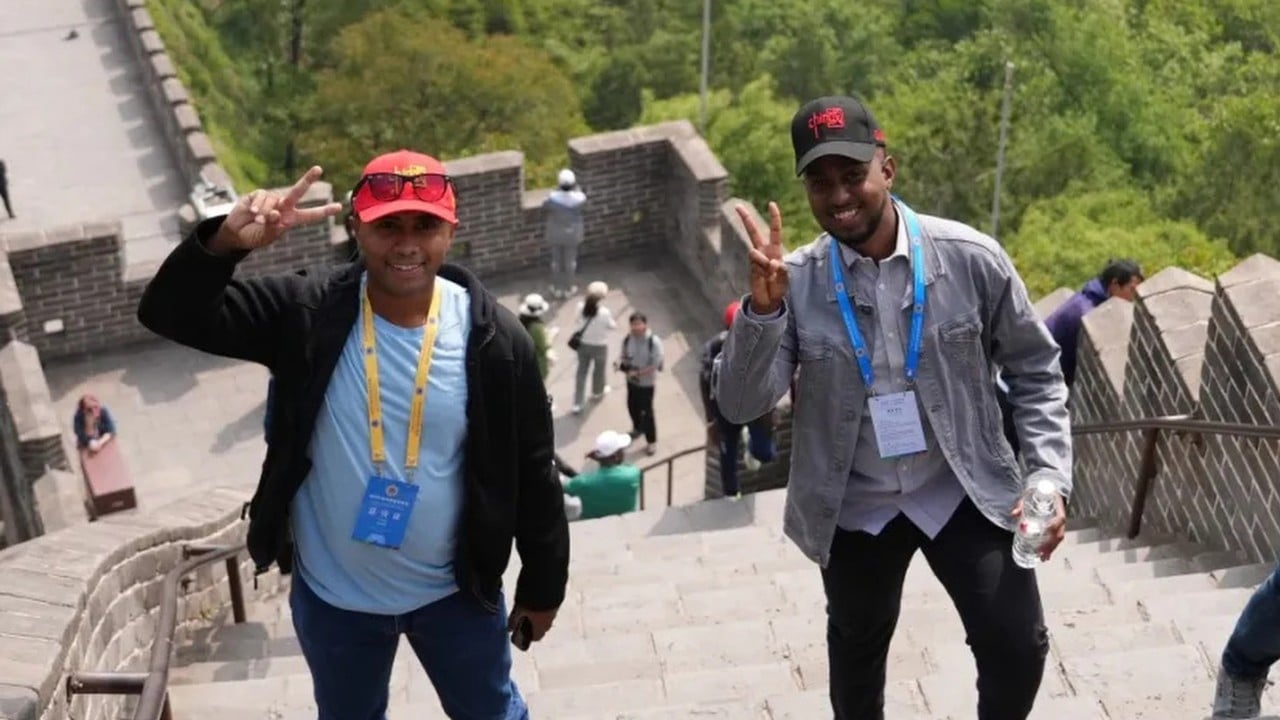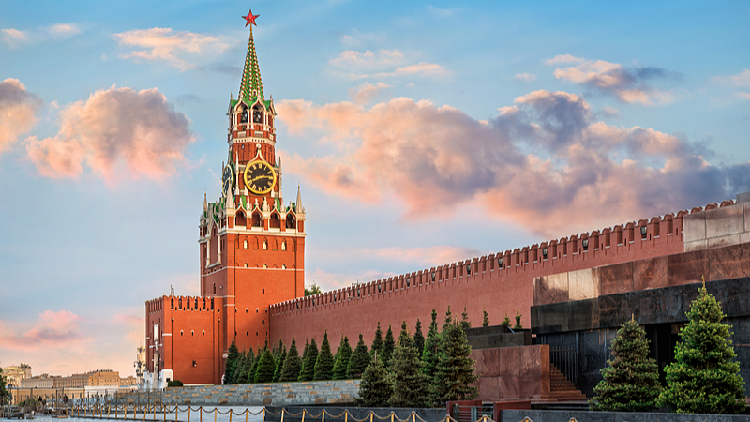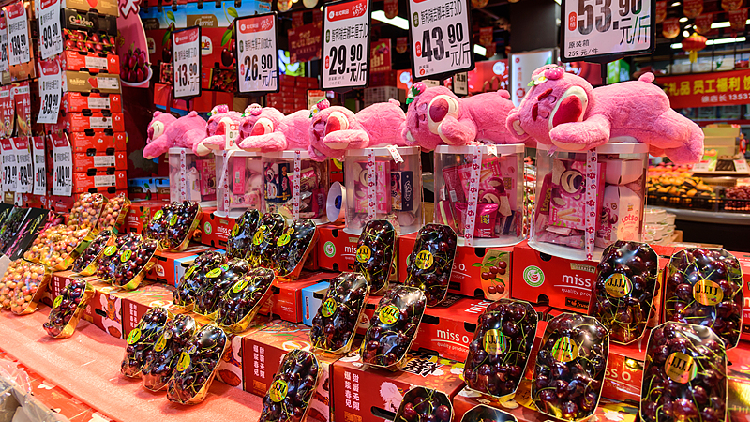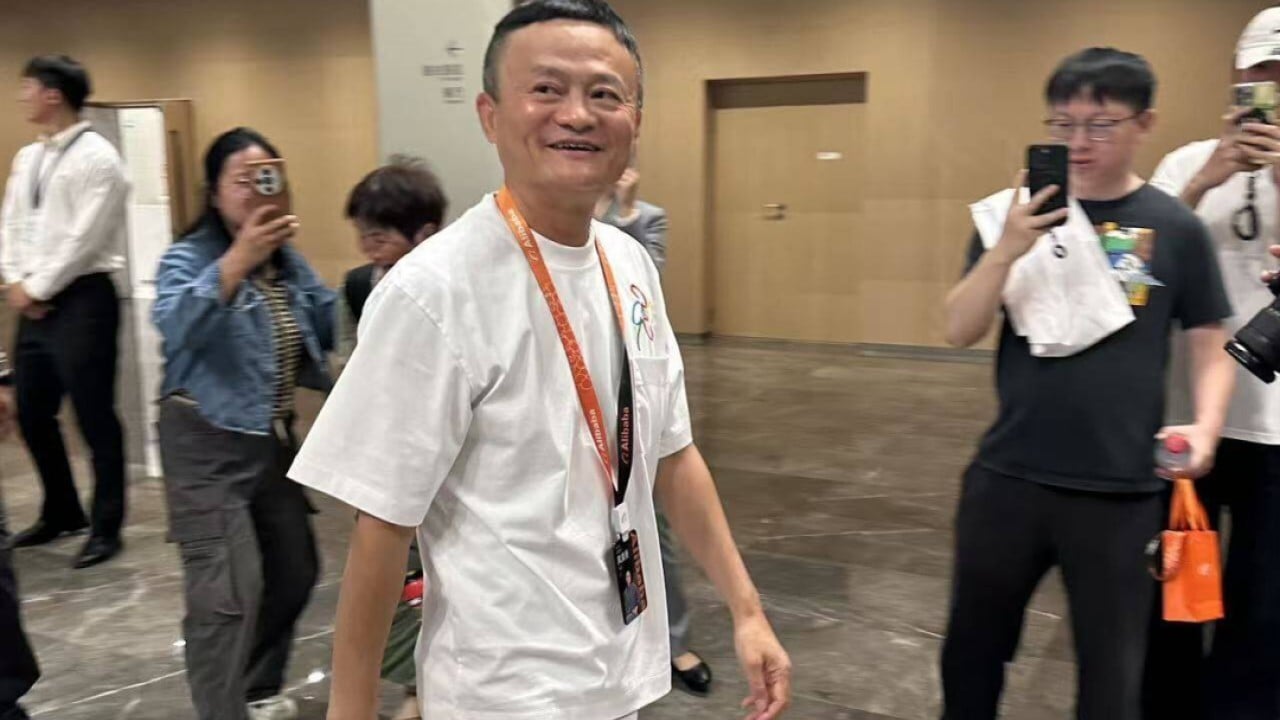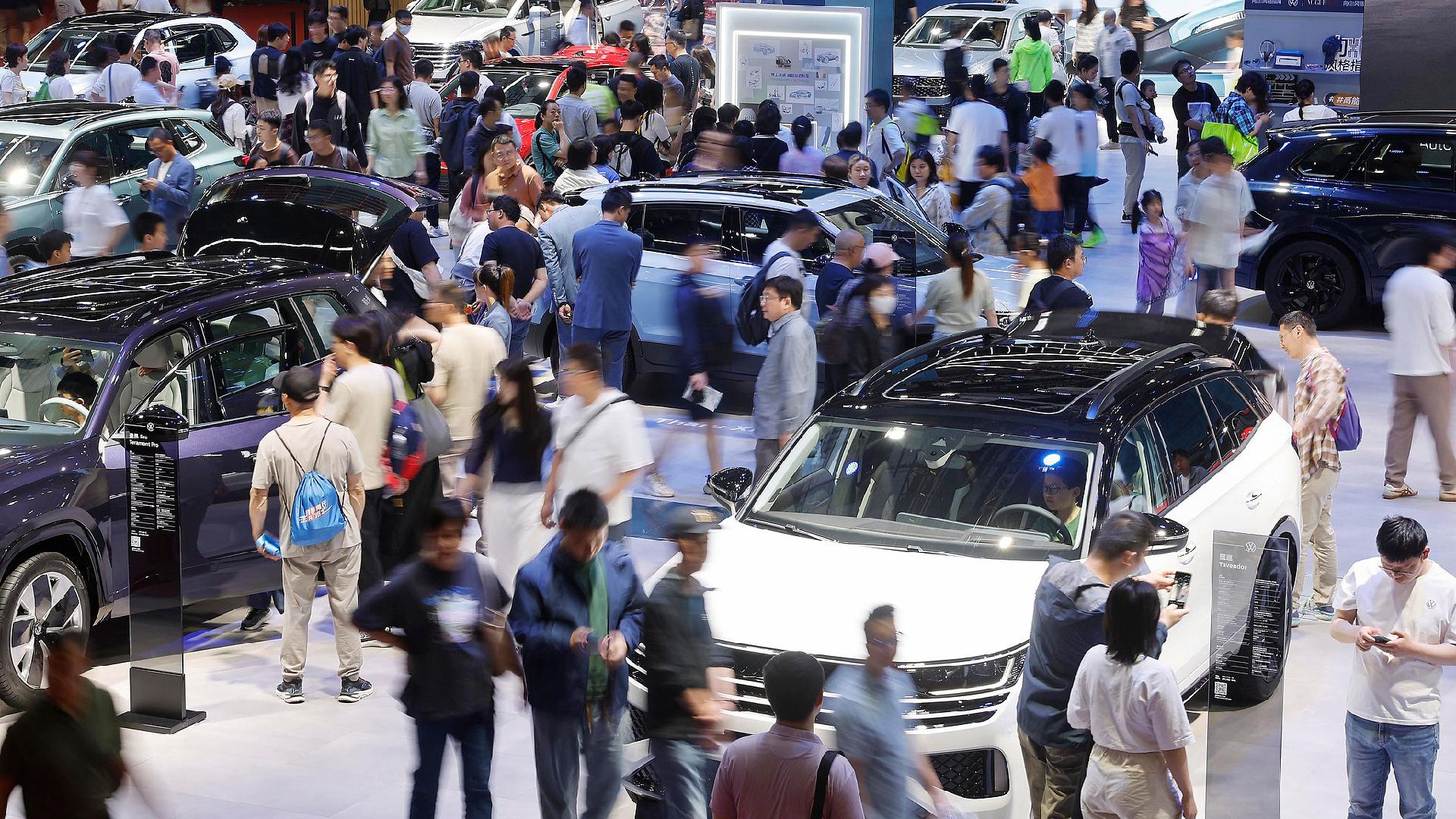
As more international artists find themselves drawn to China's vibrant cultural scene, Japanese rock guitarist and singer MIYAVI is deepening his connection with the country, not just through performances but also by immersing himself in the language, people and values that shape modern China.Since spending an extended period in China starting last year, MIYAVI said his understanding of the country has grown significantly.
While he had always been aware of China's strong work ethic, living among the people reaffirmed his admiration."Chinese people work very hard … even the little things like making bags or shoes or even the technology.
That's the power of the country.
The whole world needs that power," he said.Inspired by the dedication he sees around him, MIYAVI said it reminds him to hustle, too.Part of that journey includes mastering the language.
With growing confidence, MIYAVI can conduct simple interviews in Mandarin and tries to communicate with staff and fans in Chinese as much as he can."My fans are my teachers," he said in Mandarin.MIYAVI emphasized that daily exposure and use are key to learning.
"Now on my phone, everything is Chinese … even my dreams (are in) Chinese," he said, laughing.
But behind the humor lies a deeper intent.
For him, language learning is a mark of respect, a bridge to cultural understanding.The fuel to become biggerBeyond his musical talent, MIYAVI is known internationally for his humanitarian work.
The Japanese musician, who has been using music to raise awareness about social issues, was appointed a United Nations High Commissioner for Refugees (UNHCR) Goodwill Ambassador in 2017.Recalling his first trip to Lebanon, he described feeling initially helpless until he began playing his guitar for local children."At that time, I was like, there's something that I can do with music, especially for the kids who grew up in a small village and have no access to other places," he said.
"Music can bring them out, at least show them."Rather than focusing on despair, MIYAVI aims to highlight the strength and resilience of displaced individuals. "I don't call them refugees; they are people.
They are strong, stronger than us.
They survived … with music, I can show their bright side to the world," he said.He is also candid about the challenges humanitarian organizations face today, including declining global funding to the UN."When the economy goes down, we all suffer," said MIYAVI, calling on donations and relative support from the world.For MIYAVI, humanitarian work isn't separate from his artistry – it fuels it is the reason he wants to become more famous."Not only for money or fame, it's also the influential power and how you use that power for the community, for the world, for the future," he said.Chemistry with ChinaMIYAVI sees China playing a pivotal role in global cultural exchange.
He admires how Chinese people embrace their musical heritage while remaining open to international collaboration."There is chemistry there.
I'm already having chemistry with the artists here and my audience as well," he said.From traditional instruments to heartfelt reactions from concertgoers, MIYAVI sees China not just as a growing market but also as a cultural powerhouse."The way people appreciate music, people scream, people enjoy, people send big love to the artists.
That's huge.
That's the power of the people, and that's what we feel in this country," said the artist.As MIYAVI continues to bridge cultures and raise awareness through his music, his journey in China marks not just a career milestone but also a reaffirmation of his global mission – one driven by passion, purpose, and profound respect for the people he encounters.Videographer: Zhang HengruiVideo editor: Guo MeipingCover image: Yu Peng

 8
8








